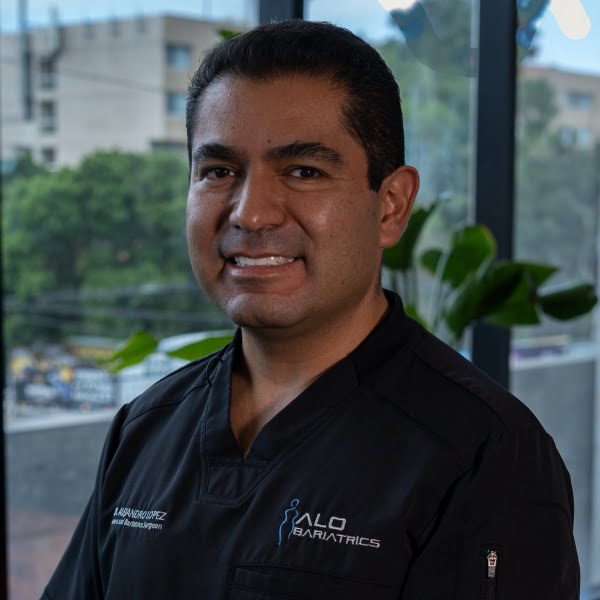Ensuring you are fully prepared and ready for the life changes that are about to occur can make recovery and healing much easier, and can also drastically help with the transition into your new lifestyle and eating habits. It is important to be fully prepared for surgery both physically and mentally.
Pack loose and comfortable clothing for the hospital. It is going to be very difficult to move and bend your body after the surgery so make sure you have clothes that are easy to get into and will not irate things such as stitches or staples that you may have in your abdomen. Also, Make sure there are extra clothes for your home as well. This means ensuring that your wardrobe is as comfortable for home as it was in the hospital. This can also mean purchasing proper, loose fitting business clothes if you are planning on returning to work within a short period.
Ensure you have shoes that can easily slip on. Slip on shoes will be much easier than having to bend down and have to Velcro or tie shoes.
Try to have some “transition” clothing, shoes, etc. These items are usually old clothing that you can no longer fit into but will be perfect as you lose weight. You will start to lose weight dramatically and it is more cost effective to have some older clothing ready than buying new clothes. If you do need to buy new clothes then try charity stores for cheaper alternatives. Only start to buy new clothes once you have stopped losing weight at such a dramatic rate.
Purchase multivitamins. It is difficult to get nutrition directly after surgery and multivitamins help immensely. Your doctor will be able to tell you which vitamins you will require to meet your specific needs.
Make sure you have over-the-counter pain medication on hand. After the prescribed pain medication has run out it is important to have regular strength medication, such as Tylenol.
Stop smoking. Smoking can lead to post-op complications and most doctors will refuse to operate if you still have nicotine in your system. You will normally need to stop smoking 2-4 weeks before surgery.
Have someone ready to help you out around the house for the first week or two. You may need someone for physical support and/or to do things around the house such as light cleaning, laundry, etc.
Make a list of things you will need for the first few weeks. This will include clear liquids, clear soups, sugar-free jello, small food containers that are perfect for your new, smaller portions, and protein powder. Make some post-op friendly meals and freeze them into small portions. Remember that they must be high in protein and nutritional value but very low in fat and sugar.
Get proper nutrition before surgery. Ensure your body is ready for the surgery and the recovery phase — Eat a proper and varied diet will lots of protein and vegetables. This will help get your body in the best possible shape before having gastric bypass surgery.
Read up on the surgery. Make sure you are well educated on your procedure and know what to expect. Talk to others who have already had a gastric bypass and join a support group. Online support groups, such as RealSelf, can provide support, expert knowledge and anonymity.

Dr. Alejandro Lopez, the owner and lead bariatric surgeon at ALO Bariatrics, is a Fellow at the American College of Surgeons and is accredited with the American Society for Metabolic and Bariatric Surgery. He is also a certified bariatric surgeon by the Mexican College of Surgery for Obesity and Metabolic Diseases. He is one of two surgeons in Tijuana and one out of five to ten in all of Mexico who is able to provide robotic surgery.


